want to share my brain insanity and the beauty i see in the world. infj.
Don't wanna be here? Send us removal request.
Text
just when i was feeling something good toward this and smiling in the middle of my job because i feel this is somehow so pure and innocent and makes me feel so complete, even though we're talking about pussies and cocks, which is something that makes me feel repulsed. I have realized it's not pussies and penises that makes me sick but how people talk about them. this is perfect!!!!❤️
“they/them pussy is-” whatever. they/them cock is like the blue potion. from zelda. they/them cock is like when you stand up too quickly and pass out for .0612 seconds and visit the machine elves and they teach you about 3-dimensional numbers
59K notes
·
View notes
Note
As an INFJ mental health provider, I have a feeling that I could be communicating in a way that might better meet my sensor clients. My intuitive clients seem to really feel supported by me, but some of my sensor clients seem confused or maybe put in a position of insecurity by my communication style. How can I do better and improve?
This topic is covered in the articles about Emotional Triggers and Caring for Emotional Needs, please read them. Your question is quite basic and it's difficult for me to respond when I don't know how much you know. If you want to be able to apply knowledge about type appropriately, you first need to have good knowledge of all the types, so read the study guides if you haven't yet.
For example: There are 8 kinds of Sensors, are you familiar with all of them and their unique characteristics? Do you understand what Sensing is, what being a Sensor means, and how it differs from being an Intuitive? Do you understand the two different Sensing functions and how they differ from each other? Do you understand how being Ni dominant influences your relationships with SPs versus SJs?
When trying to help, it's only natural that people begin with strategies that have worked or would presumably work for themselves. However, as you've seen, the strategies do not always transfer well to others if their way of perceiving and judging is very different. When your higher functions are someone else's lower functions, using your natural approach will only serve to trigger their lower function problems and insecurities.
For instance, INFJs are very future-oriented because of dominant Ni. Advising Se doms with inferior Ni to be future-oriented may backfire because they have no idea how to do it the way you do it. What's worse, they will likely feel bad for it and then have to manage that negativity, on top of whatever problem you're helping them with.
Ni has a tendency to mistake belief for fact, so it's important to ensure that you give people the help they actually need rather than the help you believe they should need. Communicating about needs is vital. Identify how they perceive/judge the situation (through their functions) and address the problem from their perspective, in ways that align with their aims and goals.
What is the state of your Fe development? Fe health and maturity is vital for INFJs to be effective helpers, carers, or providers. Fe grants you a much greater capacity to empathize and grasp what others are feeling. Also, the more mature auxiliary Fe is, the greater dominant Ni's capacity for accurately visualizing someone's perspective as a whole, even when it's very different from your own. This is the main strength of INFJs and developing it should be an ongoing project.
General rules of thumb for dealing with your opposites:
Sensors prefer help that is concise, concrete, and firmly grounded in reality. (Do you understand what "concrete" and "grounded" really entail, considering that Se is your inferior function?) Ss don't have as much patience for long drawn out explorations of speculative routes to a solution. They need to have complete confidence that an idea can be carried out successfully at the start, which means you should work out all the details or steps properly before presenting an idea to them. You need to properly account for all of the practical difficulties they are facing, or else they will feel as though you don't understand them.
Thinkers prefer help in the form of factual explanations (of the problem), straightforward logical connections, actionable advice, and reasonably quick tangible results. Their feelings and emotions are not as plentiful and near the surface as Fs. They may require more creative approaches for getting in touch with their feelings. They may not require as much time for emotional processing before getting down to brass tacks.
Extraverts prefer help to be action-oriented. Since they face outward more than inward, they have less aptitude for inner reflection. For extraverts such as SPs, prompting them to think too much can actually become self-destructive. While they need to develop their auxiliary introverted function, the process always has to be respectful to their dominant extraverted function, or else they might unwittingly fall into inferior grip and make everything worse.
Perceivers (aka Prospectors) prefer to maintain an attitude of openness, hopefulness, and trust in the world. They might not like to hear things that imply: they only have one option, there is only one way of doing things, or there is only one possible outcome, etc. The help you give them should allow them to feel a sense of agency and flexibility in determining the outcome for themselves.
One of the most common problems when opposites meet is that they tend to be blind to each other's strengths and only see each other's weaknesses, because their functions are on opposite ends of the functional stack. To help them effectively is a matter of seeing and acknowledging their strengths and guiding them to make better use of them. It's difficult because their strengths are your weaknesses and thus likely to unconsciously trigger your lower function insecurities, which is why self-awareness is an important component of helping. You need to know how you are factoring in to the helping relationship and whether you are being objective, fair, and impartial in your evaluations. What you don't want is to inadvertently make people feel as though there's something fundamentally wrong with who they are (because they aren't like you) and then try to change them (to be more like you).
24 notes
·
View notes
Text
Anon wrote:
:) hi, mbti notes. I was reading about your friendship post and I have a question to ask. You said "Personal sharing is a way to show the other person that you’re willing to give more, and then you observe whether they’re able to give you equally in return". I have this problem in which I share an opinion or something about me and others just look at me blank and seem uncomfortable. I have this feeling that there is something wrong with me.
A relationship is a two-way street. A healthy relationship won't develop properly without commitment and effort from BOTH parties. Do not ignore the vital detail of observing whether someone is able to give back to you equally in return.
What is the difference between sharing and just talking about yourself? You have told me before that people are not interested in talking to me because I am only interested in talking about me. The truth is I share about me with the purpose of also getting something back, that people also share something about themselves. But in most cases, a lot of people only look at me like I make them uncomfortable.
"Sharing" means talking about things that BOTH parties can take an interest in - it is found through mutuality and reciprocity. Talking about yourself may or may not constitute sharing, since it depends on whether the other person can pick up what you're putting out. Talking about yourself without any consideration for how the other person feels or responds is an indication of poor social skills. Two people need not have exactly the same interests/beliefs/values to get along. They mostly need empathy, which, in communication, is often expressed through curiosity and open-mindedness. If you want to know more about someone, it's important to ask questions and allow them to share as well. It sounds like both you and the people you talk to have poor social skills.
I have come to believe that maybe is because my personality is not common and what I talk about is not common. A lot of people I have encountered in life have told me I am not usual. I am very different to most people. And that is perhaps because I am INFJ and my personality is not something you see a lot in a country full of SPs and SJs. But i feel inferior. I feel uncapable of making relationships because I don't find people like me… I feel lonely. so I try to make friends but it doesn't turn out well. I have been learning to do small talk and such but at the end I feel empty because there is not much opportunities to actually get closer to someone. It is very difficult to find someone Intuitive in my country. Even more someone who is interested in being my friend. what do I do?
Why would you want to be friends with someone who doesn't like you or isn't interested in you? Stop wasting energy barking up the wrong tree. As soon as it becomes plainly obvious that someone isn't interested in being your friend, their opinion of you becomes irrelevant. Someone who knows next to nothing about you is NOT going to have a well-informed opinion about you. If you choose to take their ignorant opinion to heart anyway, that's self-inflicted pain. Then, you're choosing to rely on others to define you.
You can't be friends with everybody. Not everybody is going to like you or understand you. These are simple facts of life that are true for everyone. It is quite unnecessary to take these facts so personally by making pointless judgments about your "inferior" worth and/or their "bad" character. This kind of critical judgmentalness is what leads to Ti loop problems. Accept the fact that the relationship isn't meant to be and simply move along. When you can't accept reality, your defense mechanisms rise up to blow situations out of proportion, which keeps you stuck in negativity. Stop turning minor setbacks into major existential crises.
Being lonely as a minority is one thing, but being possessed by victim mentality is a very different thing. Unfortunately, it is true that being a member of a minority group means that you have to work harder to find kindred spirits, and you have to put more thought into how to create a sense of family/community for yourself. What's worse, you might also have to fend off prejudice and discrimination. But difficult doesn't mean impossible. Any long term goal/reward worth striving for is usually quite difficult to achieve. If you want something badly enough, you keep looking until you find it or you keep working until you achieve it. But you won't be able to persist if you become lost in a mess of Ti loop problems.
Most importantly, it is very easy to forget that there are also many positive aspects and advantages that come from being part of a minority group. You're wishing to assimilate or waiting for someone to validate you, but the healthy path is to learn how to validate yourself. You have just as much right to exist as anyone. You have just as much right to self-actualize as anyone. You are lost in loneliness and too focused on some ideal end goal, so you forget that the process of navigating minority status can bring many growth benefits and make you a truly stronger person as a result. This inner forgetfulness of yourself is the cause of your shame and low self-worth, not the people out there who misunderstand you. Until you are able to understand and accept yourself, how are you going to teach others to understand and accept you? How will they see what they're missing out on by not being friends with you when you don't see it yourself? Lack of self-acceptance is the part of the equation that you're missing.
28 notes
·
View notes
Photo


ヴィタール, Shin’ya Tsukamoto (2004)
Cinematography: Shin’ya Tsukamoto | Japan
3K notes
·
View notes
Photo


Here and there
Bushwick, Brooklyn, NY 2017.
Yashica T4 Super | Kodak Gold 200
11 notes
·
View notes
Photo

Exterior decorating
Greenpoint, Brooklyn, NY 2017.
Yashica T4 Zoom | Agfa Vista 400
11 notes
·
View notes
Text


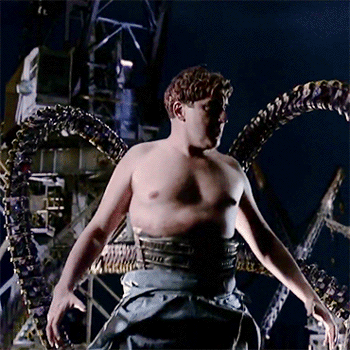







Alfred Molina as Dr. Otto Octavius (Doc Ock) in Spider-Man 2 (2004)
Alfred Molina in every movie ( 50/? )
2K notes
·
View notes
Photo


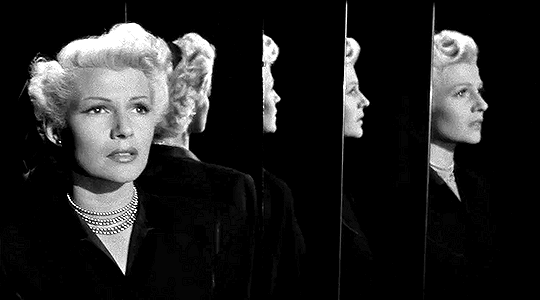

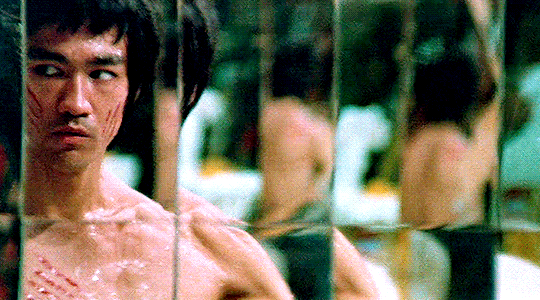

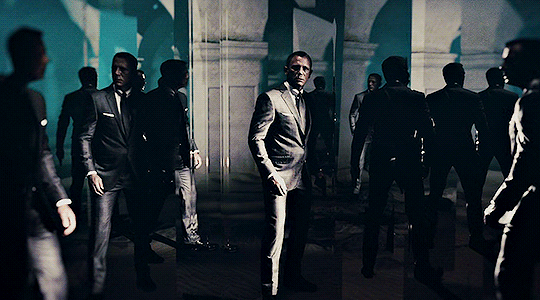



→ hall of mirrors in film
1. Candyman (2021) dir. Nia DaCosta 2. Black Swan (2010) dir. Darren Aronofsky 3. The Lady from Shanghai (1947) dir. Orson Welles 4. Zola (2020) dir. Janicza Bravo 5. Enter the Dragon (1973) dir. Robert Clouse 6. Us (2019) dir. Jordan Peele 7. Skyfall (2012) dir. Sam Mendes 8. Inception (2010) dir. Christopher Nolan 9. X-Men: First Class (2011) dir. Matthew Vaughn 10. Citizen Kane (1941) dir. Orson Welles
16K notes
·
View notes
Photo
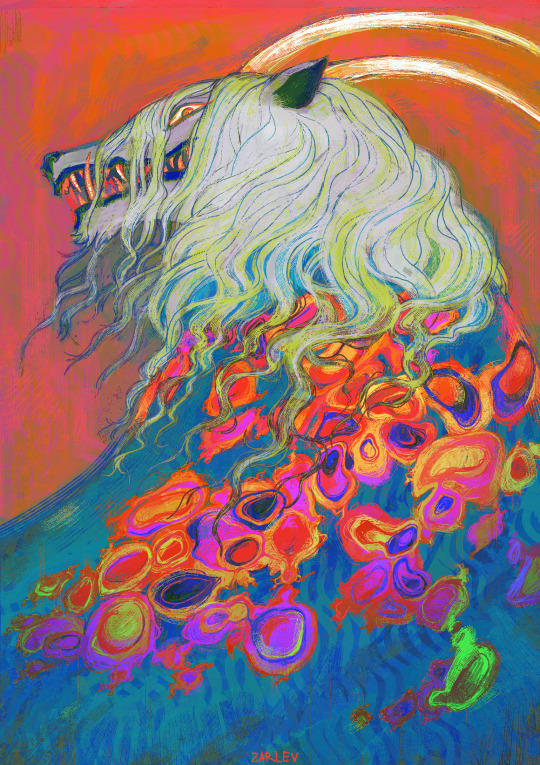
my current work is hard to color because i love weird filters and effects now, here’s one
26K notes
·
View notes
Text
i love when i “make a mental note” of something. it’s gone within 20 seconds
189K notes
·
View notes
Text



35mm shots from yesterday's blizzard in nyc
january 29, 2022
15K notes
·
View notes
Text




Bayramınız mübarek olsun. 🍬🙏
Eid Mubarak Ramadan. 🍬🙏
191 notes
·
View notes






